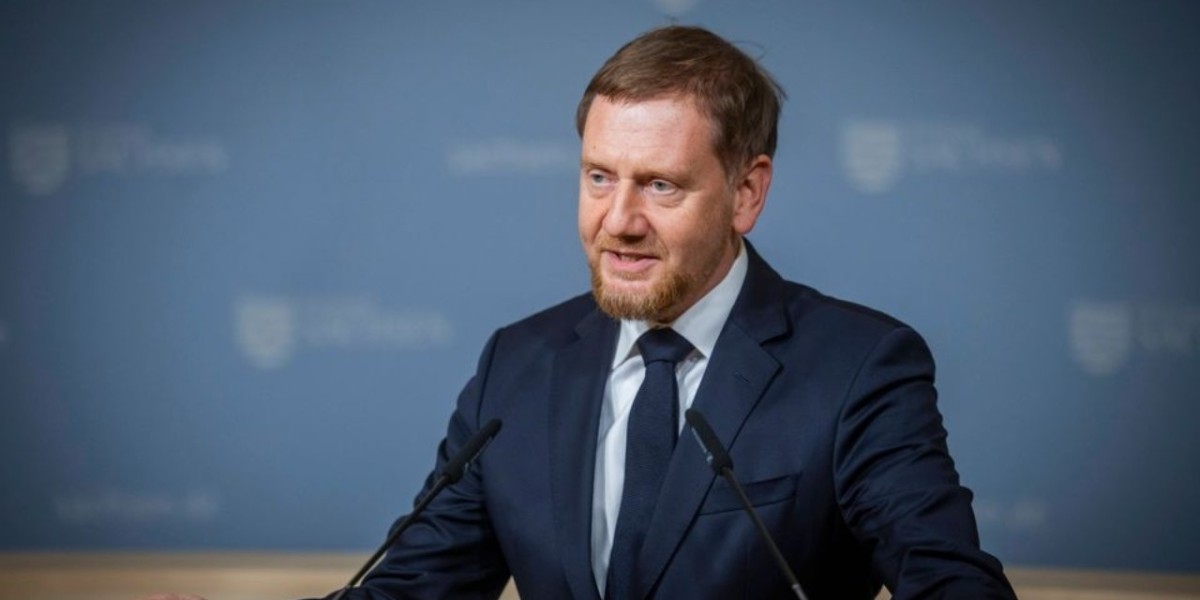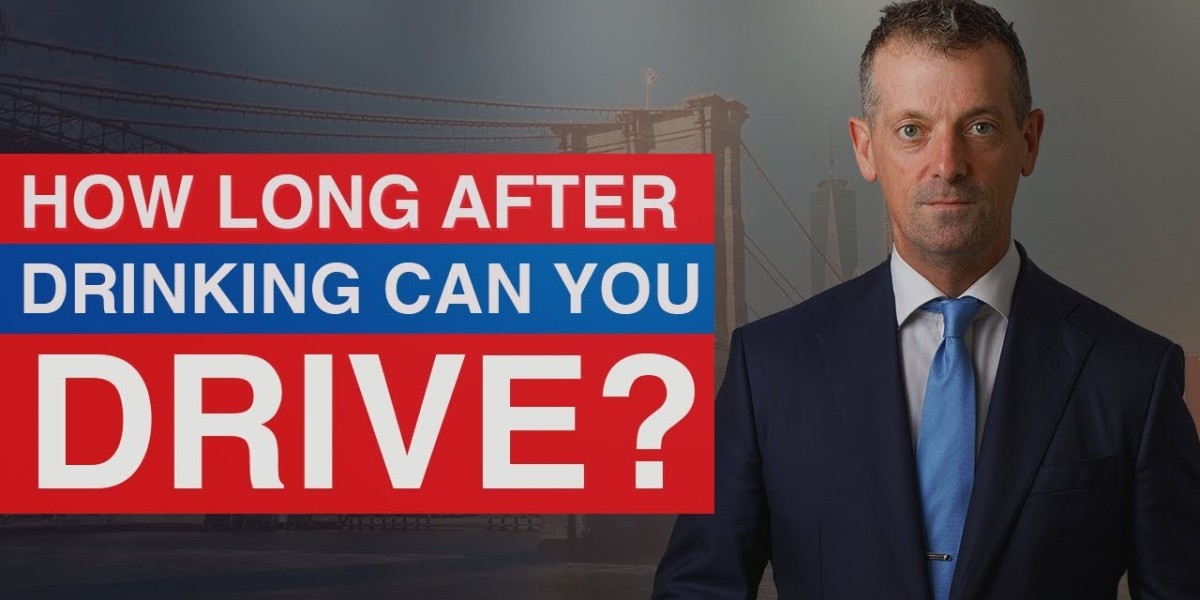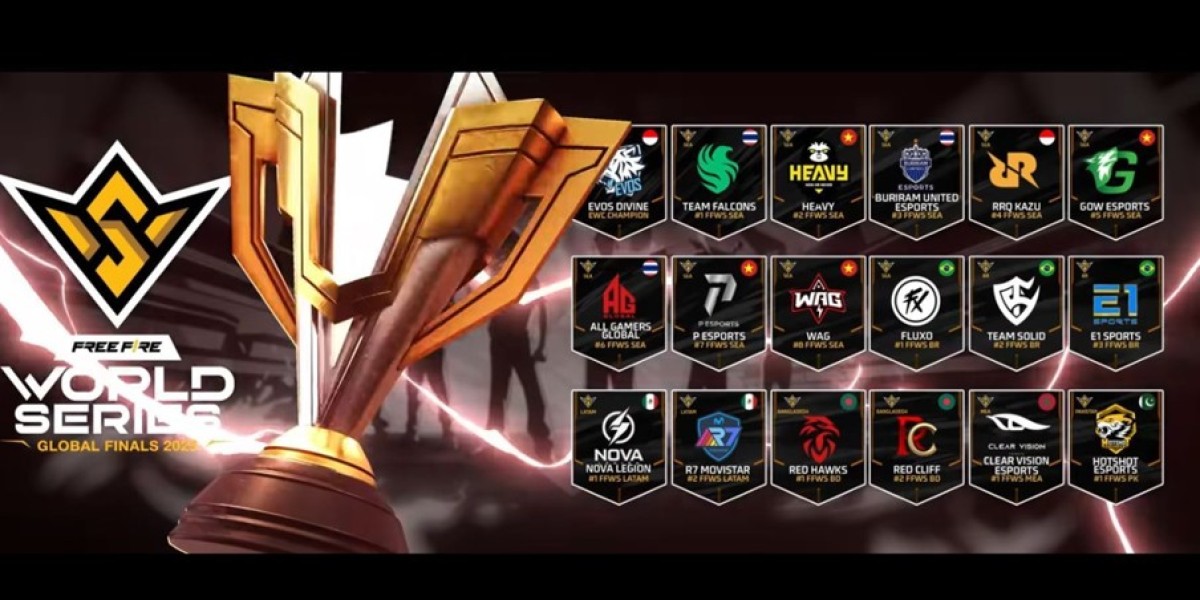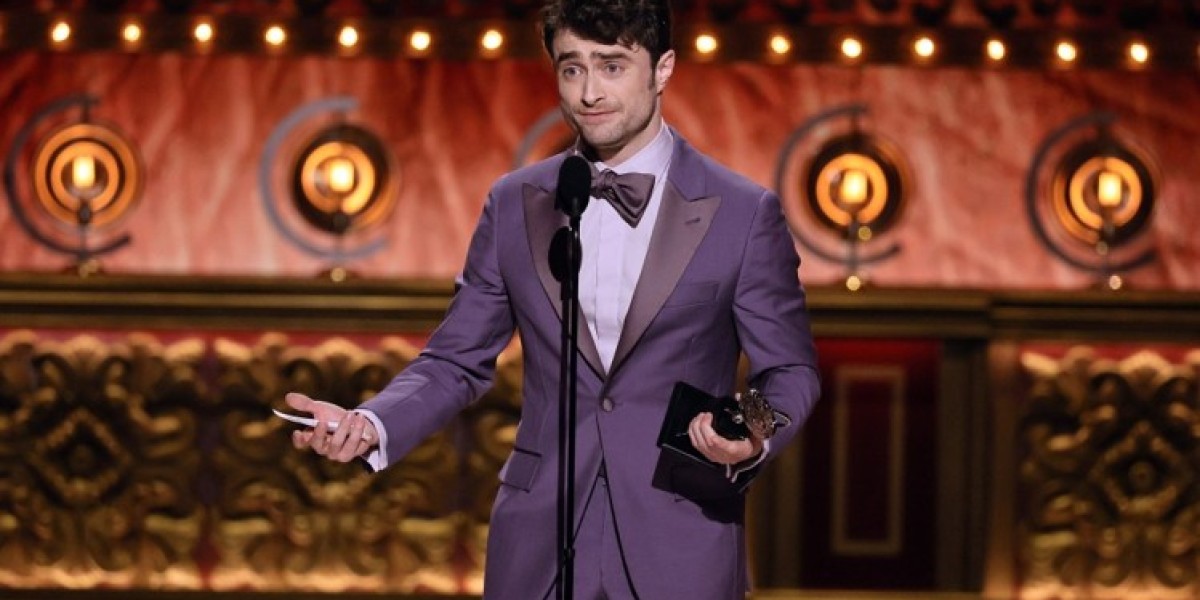Michael Kretschmer, the German politician and current Minister President of the Free State of Saxony, has become a pivotal figure in both regional and national politics. His leadership in Saxony and his positions on key issues increasingly draw attention beyond German borders, including in the United States, where understanding European political dynamics remains crucial. Kretschmer’s mix of pragmatic conservatism and controversial policy stances has reshaped political discourse, making him both a powerful and polarizing figure. This blog explores his career, political views, and influence, providing insights that are essential for American readers interested in global political shifts.
Michael Kretschmer: A Political Profile
Michael Kretschmer was born in Görlitz in 1975 and began his political journey early in local politics before entering the national stage as a member of Germany’s Bundestag in 2002. Serving the constituency of Görlitz, Kretschmer steadily built a reputation within the Christian Democratic Union (CDU), Germany’s center-right party. His parliamentary work focused on education, research, and technology, and he held significant roles in coalition negotiations under Chancellor Angela Merkel’s government.
In 2017, Kretschmer shifted his focus more intensively to Saxony, where he was elected Minister President. His leadership in this eastern German state has been marked by attempts to unify a politically fragmented society, fraught with challenges from both far-right populism and leftist opposition. He was re-elected repeatedly, signaling sustained support, albeit amid controversy.
Navigating Political Challenges in Saxony
Saxony under Michael Kretschmer illustrates a microcosm of broader European political tensions. His tenure has coincided with rising influence of the far-right Alternative for Germany (AfD) party, economic concerns, and societal divisions over immigration and integration policies. Kretschmer’s approach often balances conservative CDU values with pragmatic coalition-building, garnering both praise and criticism.
Notably, Kretschmer has taken a firm stance on limiting refugee intake from Ukraine, citing social cohesion and capacity concerns, which speaks to broader debates on immigration policy in Europe. His government’s coalition negotiations have been complex, reflecting the fragmented political landscape of Saxony’s parliament. Despite pressures, Kretschmer seeks cross-party collaboration, declaring, “We can tackle many challenges if we unite”.
Controversial Perspectives on Russia and the Ukraine War
One of Michael Kretschmer’s most debated political stances concerns Germany's relationship with Russia amid the ongoing conflict in Ukraine. He has publicly called for a lifting or easing of EU sanctions on Russia, arguing that they disproportionately harm European interests compared to their impact on Moscow. This position has sparked backlash from various political factions and international observers, contrasting Germany's broader official stance on Russia.
Kretschmer advocates for a nuanced approach to the conflict, emphasizing the need for peace talks and negotiations despite acknowledging the presence of “a terrible war criminal sitting in Moscow.” His pragmatic but contentious viewpoint underscores the complexity of governing a region that is economically linked to Russia but also committed to European unity and security. As political analyst Dr. Laura Schmidt from the University of Berlin notes, “Kretschmer’s stance reflects the difficult balancing act faced by regional leaders caught between economic realities and geopolitical imperatives”.
Michael Kretschmer’s Role in the CDU and National Politics
Beyond Saxony, Michael Kretschmer holds a prominent role in the CDU, serving as one of its deputy chairs since 2022. He has been a significant voice within the party on policies related to economic reform, energy, and digital sovereignty. Kretschmer’s influence extends to forming national coalitions and shaping party platforms, positioning him as a vital player in the ongoing evolution of Germany’s center-right politics.
His pragmatic conservatism aims to modernize the CDU while maintaining traditional values, appealing to both older constituents and moderate voters weary of political extremes. However, Kretschmer’s occasional deviations from party lines on issues like Russia sanctions reveal internal tensions within the CDU, highlighting the diversity of perspectives in one of Germany’s largest political parties.
Conclusion: Michael Kretschmer's Impact and Future Prospects
Michael Kretschmer exemplifies the complexities of modern political leadership in a divided Europe. His career reflects a blend of local responsiveness and national ambition, balancing conflicting demands from voters, coalition partners, and international allies. For American observers, Kretschmer’s evolving role offers a window into the challenges facing European democracies today—where economic interests, security concerns, and social cohesion collide.
As Saxony continues to navigate political polarization and economic transformation, Kretschmer’s leadership will likely remain influential, embodying both the promise and pitfalls of contemporary German politics. His call for unity amidst division and his controversial yet pragmatic policy positions ensure he will stay on the radar of global political watchers for years to come.



